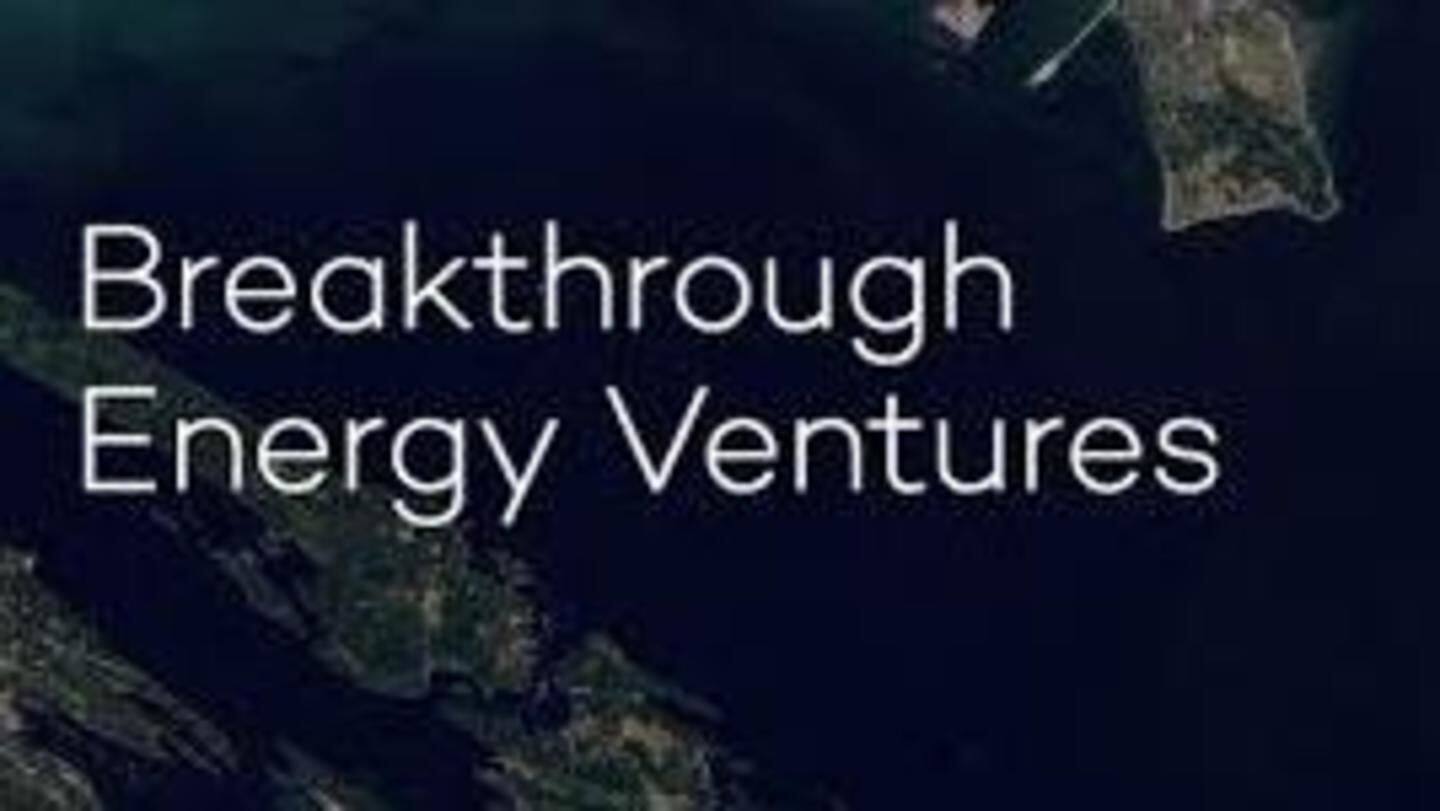
Bill Gates' $1bn-fund makes first investment in energy storage startups
What's the story
Breakthrough Energy Ventures (BEV), the $1 billion fund launched by millionaires Bill Gates, Jeff Bezos, Richard Branson, Mark Zuckerberg, Jack Ma, Mukesh Ambani, and George Soros in 2016 to create new energy technologies and fight climate change, is finally making its first investment. Focusing on the area of energy storage, the fund is investing in two startups: Form Energy and Quidnet Energy.
Climate Goals
Investors show confidence, bet big on energy storage
BEV will invest $6.4 million along with Evok Innovations in Quidnet Energy and $9 million along with Prelude Ventures in Form Energy. Both startups are developing new technologies to store power. Since energy storage is a costly and long-term venture, BEV is ready with its "patient capital" to invest in promising companies, "even if they may not provide returns for up to 20 years."
Clean Energy Tech
BEV is risk-tolerant, doesn't want quick returns
As a rule, BEV will only invest companies that are capable of cutting global carbon emissions by 500 million metric tons annually. The fund's goal is "to build companies that will help deliver the next generation of reliable, affordable and emissions-free energy to the world." It aims to focus on grid-scale energy storage, zero-carbon liquid fuels, low-carbon building materials, and geothermal energy.
Different Approach
Quidnet Energy stores power in form of highly compressed water
Quidnet uses a common form of energy storage, pumped hydro, but with a twist. In this, water is pumped up to reservoirs during surplus energy and released to power turbines during deficient times. But this has geographical limitations. So Quidnet pumps water into underground shale rock wells instead, which creates pressure. During deficiency, the pressure is released and water is used to run turbines.
Information
Form Energy working on low-cost, long-term, high-density batteries
On the other hand, Form Energy is working on creating cheap batteries that can store large amounts of energy for extended time periods—weeks or months. This will overcome the current limitations of lithium-ion batteries that can only store energy for short durations.
Pressing Issue
Why is energy storage such a big deal?
Energy storage is important because if done right, it can overcome the limitations of renewable power. For example, with better storage technology for zero-carbon energy, solar panels and wind turbines will be able to generate energy even on cloudy or windless days. The ultimate climate goal is to reduce greenhouse-gas emissions to zero in the next couple of decades.